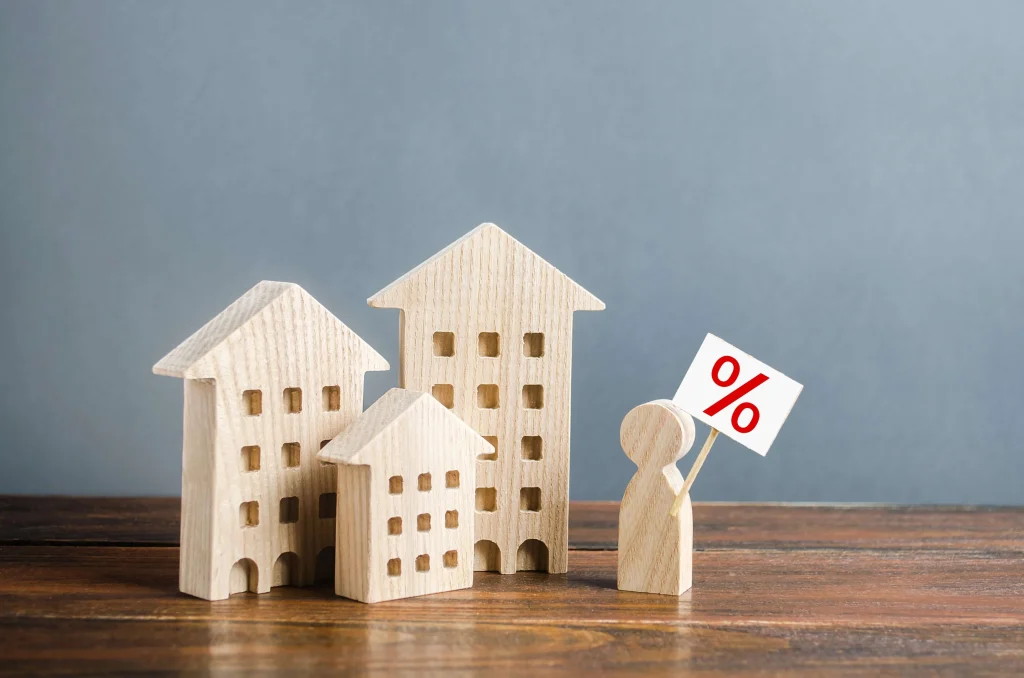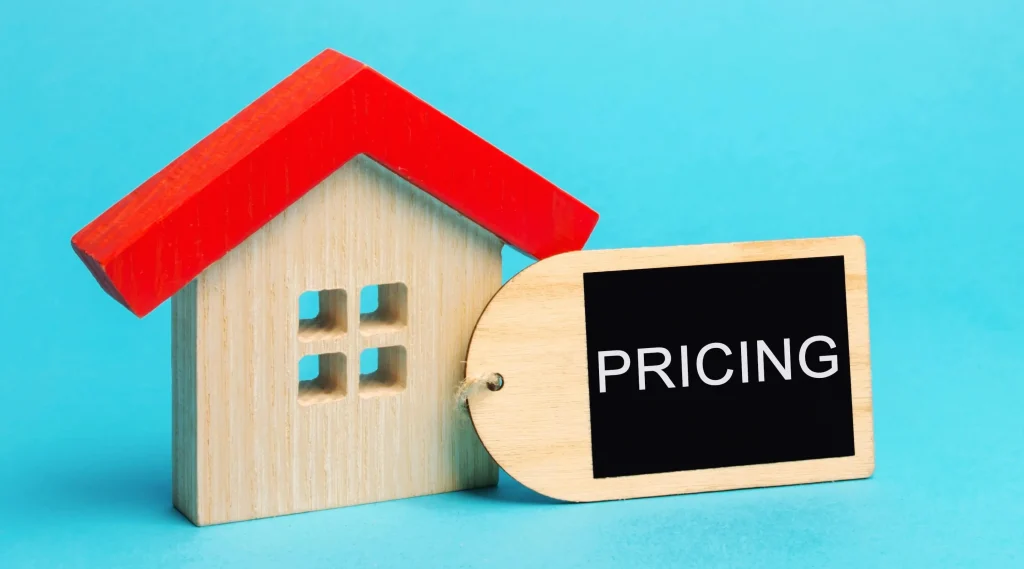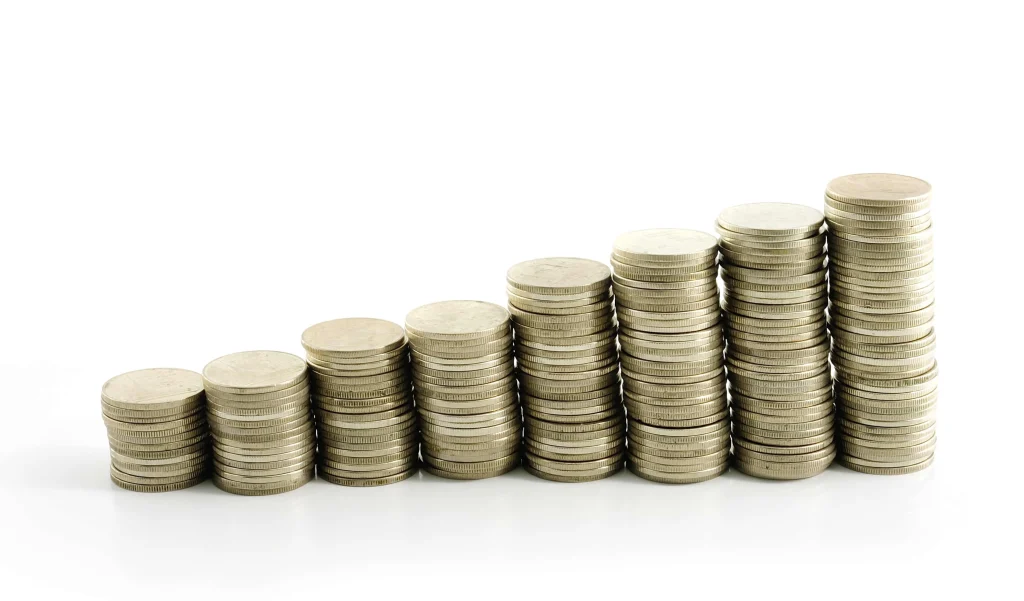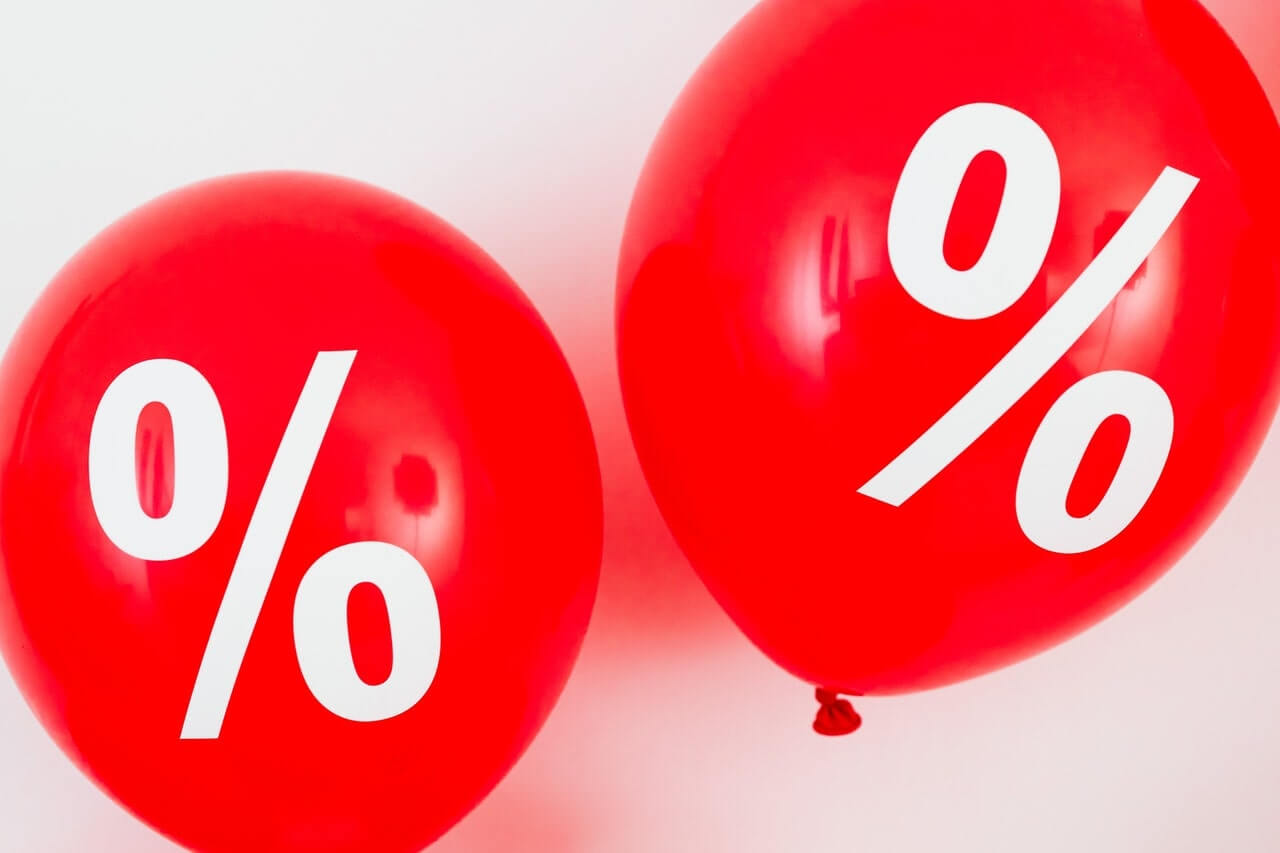If you’re thinking of converting your residential property into a house for rent, that might be your smartest choice today. Right now, we may be facing an interest rate hike, and this may affect your real estate investments.
BSP to implement more rate hikes this 2022
Last May 31, 2022, Colliers released its Market Intelligence report for the Philippines. In the report, they said that analysts are currently expecting the Bangko Sentral ng Pilipinas (BSP) to impose more rate hikes in order to balance inflation and economic expansion. The Monetary Board of the BSP already raised interest rates by 25 points, which increased the policy rate to 2.25% and also made it the first increase since 2018.
For this reason, economists are projecting even more rate hikes in 2022, possibly even beyond this year.
While the country experienced an 8.3% economic growth during the first quarter of this year and a projected overseas Filipino workers (OFW) remittances growth of 4% by the central bank, the purchasing power of consumers might be stunted by the high inflation. According to Colliers, they believe that the rise of interest rates is most likely done to temper inflation.
Colliers recommends businesses (mostly the retail industry) improve their services to boost consumer confidence despite the rise in inflation. If malls could improve their consumer traffic, this could encourage retailers to open physical spaces. In turn, this can raise lease rates across Metro Manila.
They didn’t disclose information about real estate in this report, so you’re probably curious about how it will affect the prices of a house for rent or for sale.

How interest rates and inflation affect real estate values
Contrary to what most people believe, just because mortgage rates have a direct influence on the purchasing power of a person, it isn’t the only deciding factor in real estate valuation. Just like any other investment, interest rates have a direct effect on any income-generating real estate.
Interest rates and real estate purchase
Interest rates affect capital flows, the required rates of return on investment (ROI) of investors, and the supply and demand for capital. Hence, interest rates also affect the prices of properties in a lot of ways.
In general, the values of real estate are influenced by the supply and demand for properties. However, other factors include the replacement cost of developing new properties, capital flows, financing rates, and government-imposed interest rates.
To determine the value of the real estate, property income must be forecasted. This involves anticipated least payments or anticipated occupancy, and the average cost per property. After determining all costs involving the property, real estate analysts determines the cash flow that remains after all the operating expenses (also called Net Operating Income or NOI).
Where does the interest rate come in?
Interest rates have a significant and indirect effect on property-level costs because it affects the cost of mortgage rates and financing. Therefore, it determines how much you have to pay so that you can borrow money to buy a specific property. Additionally, it also affects the value of the real estate — a high-interest rate decreases demand properties (which decreases prices), while a low-interest rate increases demand (which increases prices).
Moreover, since interest rates determine the cost of debt, this will force banks to also charge higher interest rates on loans. So, a low-interest rate would essentially mean great news for home buyers because credit is cheaper and mortgage rates are also lower. Even something as insignificant as a 1% increase in interest rate can have a huge impact on mortgage costs. It can raise monthly mortgage payments by 10 to 15 percent. But a thing called nominal interest rate also exists where the interest rates tend to stay the same and not be adjusted even with inflation.
Now, as interest rates increase, the availability of funds in banks decreases. Therefore, for real estate, the amount of capital available for investment and the amount of money available in banks for new real estate purchases and development are also affected. This affects the Loan-to-Value Ratio (LVR), which is the amount a person can borrow in a bank. A higher initial deposit means lower LVR and a lower initial deposit means higher LVR.
So if, for example, the average price of a house is 1,175,00 pesos with a Loan-to-Value Ratio (LVR) of 80% or a 20% deposit, the average Filipino would have a loan of 940,000 pesos. If you have a 940,000 mortgage on a term of 30 years with a fixed interest rate of 3%, you will have to pay 3,963 pesos in interest every month. If you increase the interest to 4%, you need to pay 4,488 pesos (13% more than the 3% interest rate).
Now since interest rates have a direct effect on mortgage rates, selling a house also becomes harder because most people won’t be able to afford it. If you own a house for rent, however, you may benefit from this because a decrease in demand for buying real estate can also mean an increase in demand for rentals (we’ll talk more about the effect on rentals in the next section).
Aside from capital flows, interest rates also have an impact on discount rates or capitalization rates.
Capitalization rate is the measure of a real estate valuation that is used to compare different real estate investments. For rentals, this is generally the ratio between annual rent income produced by an asset to the current market value of the property.
For real estate investors, the capitalization rate should ideally be higher than the interest rate because high-interest rates can affect the value of their assets. If the capitalization rate reaches a point where it’s lower than the interest rate, they will be forced to rely on appreciation to get their ROI, which is a much riskier investment.

Interest rates and the rental market
Now since talked about how interest rates can stimulate or stunt a country’s housing growth, let’s talk about how they can affect the rental market. If you own a house for rent or are looking for one, don’t worry too much because interest rates don’t have a direct impact on rental values.
Although, there are some indirect consequences.
The main driver for rental properties is the vacancy rate, which is basically the measure of supply and demand for rental real estate. However, as interest rates and interest payments go up, house for rent or apartment owners may increase their rent prices because the landlords who have not paid off the cost of their mortgages will need to pay more. Hence, the pressure is on the tenants.
Unfortunately, if landlords increase their rent, tenants will most likely move to a cheaper place or, in a typical Filipino household’s case, move back to their parents’ houses. As a result, this can increase the vacancy rate in big cities. Landlords who currently suffer from high vacancy rates will be forced to lower their rent prices.
Additionally, since interest rates can affect real estate prices, more residential property owners may wait for a recovery period and put up their properties for rent in the meantime. As a result, the rental market may have more properties available for rent, increasing the amount of supply in rental properties, so rental prices may also soften.
Inflation rate and real estate
We talked about how interest rates are used by governments to manage inflation, so you might be wondering how inflation affects real estate.
According to an article published in Forbes, real estate has historically been considered a great inflation hedge. An inflation hedge is an investment that can protect the decrease in purchasing power of a currency.
According to the National Council of Real Estate Investment Fiduciaries in the United States, private real estate has always been robust during years of inflation for 43 years. However, this is considering that there is a healthy annual rate in GDP. This is according to their US Property Performance Monitor last May 2021.
Real estate owners can see some benefits during high inflation periods. They can experience appreciation, as property values also increase as inflation increases. During high inflation periods, fewer real estate projects are developed because of the increase in labor, machinery, material, and other development costs. This leads to a slump in property supply, hence higher real estate prices are expected.
Forbes also mentioned that as inflation rises, rent prices also increase. However, as housing development slumps, the demand for rental properties still increases and vacancy rates drop. During this time, landlords can increase rent prices, which can help them generate more revenue and an increase in property value. They can use this increase in profit to pay for their mortgage since mortgage rates increase during periods of high inflation.

How rising interest rates affect real estate buyers, sellers, and investors
Rising interest rates have an effect on the real estate industry and real estate investing, which also includes buyers, sellers, and investors. Here’s how each one is affected:
For Buyers
In the real estate industry, the rising rates make buying a house even more difficult because mortgages also increase, making houses less affordable. As we said, even a 1% increase can decrease a person’s purchasing power by 13%.
However, according to Wharton’s professor in real estate, Benjamin Keys, if a homebuyer gets a fixed-rate mortgage, they can have a stable monthly housing expense for 15 to 30 years. At the same time, the government should also provide better assistance for hopeful homebuyers, which can also help investors.
In the Philippines, the government relaunched the Community Mortgage Program (CMP) last January 2021. According to the Department of Human Settlements and Urban Development, the CMP is designed to assist low-income groups so that they can acquire and develop land under the concept of community ownership.
With the increase in demand for affordable yet decent housing, the Social Housing Finance Corporation (SHFC) launched modalities of the CMP with new variants. In these variants, CMP communities can build medium-rise buildings for their community, which can act as their condominiums.
Since natural disasters have been occurring quite frequently, they also launched a new modality called the Post-Disaster Recovery and Rehabilitation CMP. This will provide assistance for community housing projects in times of disaster. This will matter a lot to you if you have a foundation that helps provide housing for disaster victims.
For sellers
While interest rates and mortgage rates also affect sellers, it’s a little different compared to how buyers are affected. If, for example, you decide to sell your house for 1,000,000 pesos, you can list your house for that price. However, with high interest rates, potential buyers of your home can only afford 950,000 pesos.
Inevitably, you can still make a profit out of it, but even a 1% increase in mortgage rates can decrease the market value of your house by about 50,000 pesos. Hence, your profit will always depend on how well you can analyze the market. As a rule of thumb, if interest rates are high, you might want to hold off on selling your property.
For investors
Investors are probably the luckiest when it comes to the rise in interest rates. Because as mortgage rates increase, the market for rentals will also increase because only a few people can afford a house, much less qualify for a mortgage.
Investors can skip the mortgage process and all the costs and fees that come with it because they don’t have to take out a loan to buy a house. Therefore, it can be a better choice to buy real estate properties during a rise in interest rates because of the increased supply and decrease in demand for properties.
Additionally, investors can convert the properties they buy into temporary rental properties since rentals become more in demand as interest rates rise. This could lead to a great profit if they could target the right market.
Meanwhile, if you own a mortgage company, rising interest rates may be good for your business. High interest rates mean a mortgage company (and also banks) also earns interest, which means you also earn even more revenue. Unfortunately, if the interest rates reach a very high number, the demand for mortgages will also decrease, which can hurt your profit because of the lack of clients.
Read more: The Philippines’ Inflation Rate Hits 4.9%. Highest Since January 2019. What Does This Mean?


